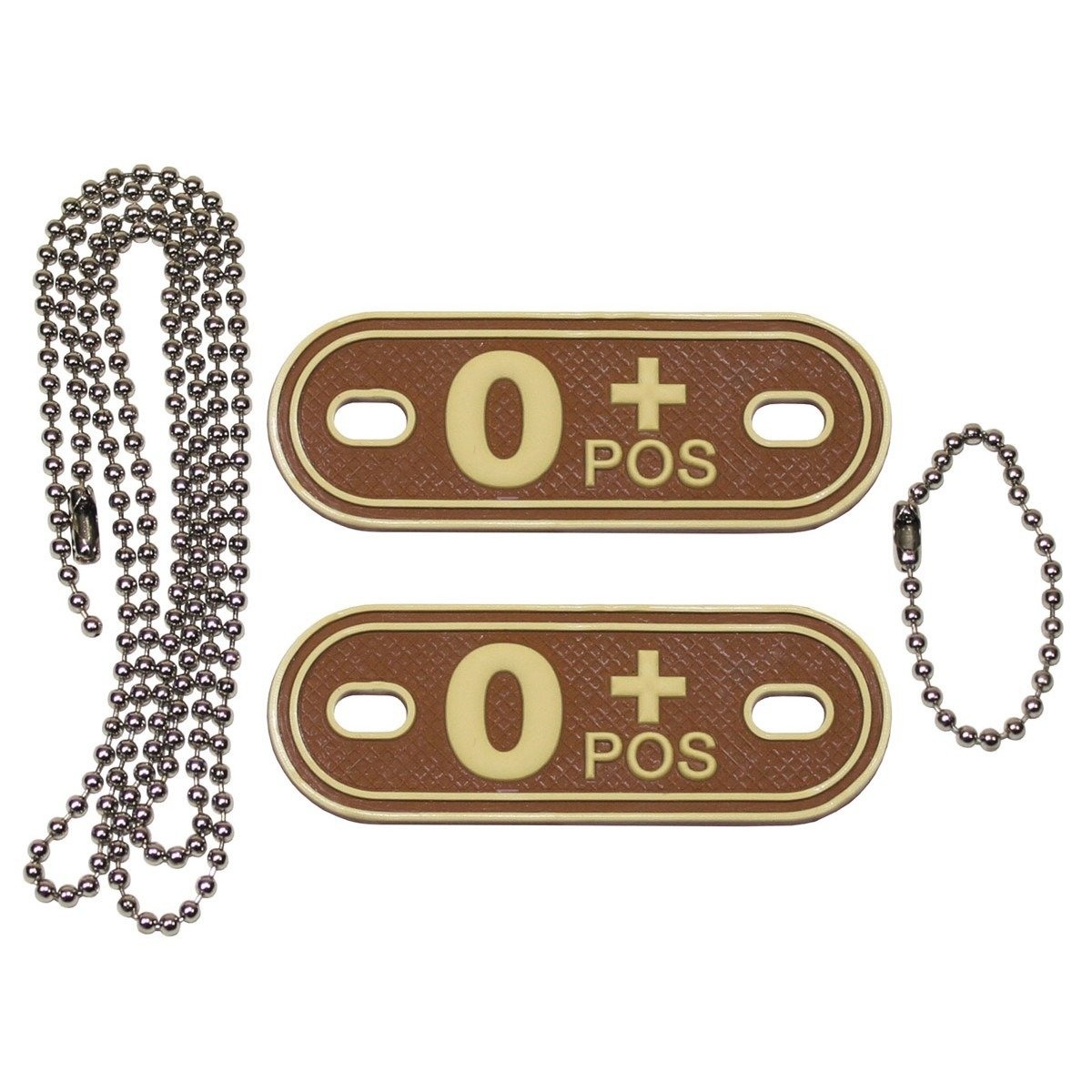

Research shows that people with type A, B, or AB blood are at a higher risk of VTE. These clots sometimes move to your lungs.
Venous thromboembolism (VTE) is when your blood clots in a deep vein, like the ones in your legs. Studies have found that people with blood type B negat ive or AB are at higher risk for stomach cancer. Those with B-negative blood can only receive transfusions from O-positive or B-negative types. It can make you more likely to get pancreatic cancer. Molecules in type A and B red blood cells help certain bacteria called H. Your risk is higher if you’re type B negative. So, you may have an easy time dealing with stressful situations. People with type B negative blood tend to have less cortisol, anyway. People with type B negative blood have antibodies against Type A blood (“anti-A antibodies”) in their serum Type. But before that a few facts about blood group B negative. Here are the food items you should consume and avoid, according to blood group B negative. Those with blood type B+ have higher odds of getting the disease.Consuming food based on your ‘Blood Type’ helps in better digestion, increases energy levels, and prevents diseases and illnesses. Blood type: A or B Disease: DiabetesĪccording to a study published in Diabetologia, if you have either of these blood types, you may have 21% higher risk for developing type 2 diabetes. Blood type AB has higher levels of factor VIII, which may contribute to this probability. This is the least common blood type and also has higher chances (82%) of developing cognitive issues later in life. Blood type: O Disease: Fertility problemsĪccording to research from the Albert Einstein College of Medicine, those with Type O blood are more likely to have twice as likely to possess higher levels of follicle-stimulating hormone or FSH that can indicate low ovarian reserve. People with these blood types have a 15% greater risk of death from heart issues, a 2015 report from BMC Medicine stated. Blood type: A, B, and AB Disease: Heartīlood types outside of Type O are more prone to heart diseases because these people have about 25% to 30% more levels of blood-clotting proteins called Von Willebrand factor and factor VIII. Here are the different blood types and the respective diseases that each type if prone to. It also plays a role in your other body systems such as your vessels, platelets, and nerve cells, which explains why blood type may increase your chances of getting certain diseases. 
These antigens influence not only your blood. There are eight common blood types, which are determined by the presence or absence of molecules called A or B antigens and the protein called Rh factor. They only take interest in it when it had become necessary during medical check-ups or something more serious, like hospitalization. Lots of people take their blood type for granted.
Non-O blood types are more prone to gastric cancers. 
Those with type A, B, and AB are at a higher risk for heart diseases.

Fertility problems are more prevalent in Type O blood.








 0 kommentar(er)
0 kommentar(er)
